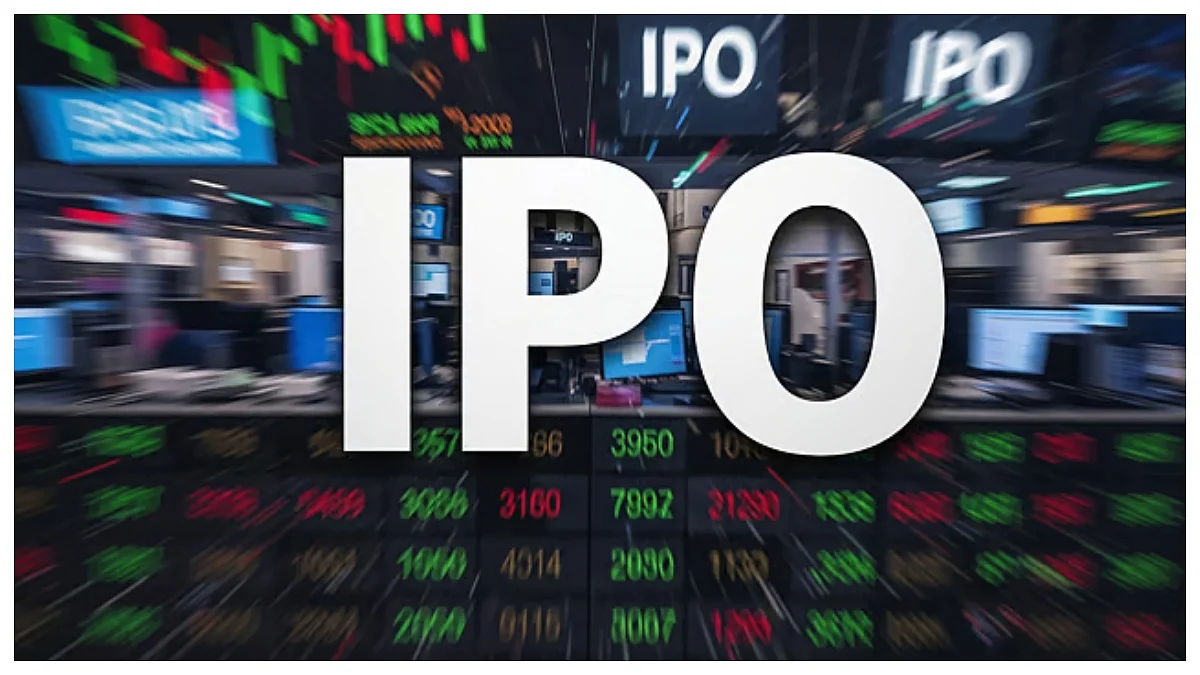There is little doubt that the market is currently in a bear grip. However, we are presenting a strong case for the bulls. Currently, the yield on the Nifty earnings is higher than the yield of 10-year Govrnment of India bond.
When earnings yield is higher than bond yield, it implies investors are unwilling to pay any growth premium as the earnings outlook is quite bleak. This is important to monitor as such an event has occurred only twice over the past twenty years-during FY03 and FY09. And on each occasion, equities have generated outsized returns.
Key takeaway: In the current times, stocks of great companies are available at significant discounts because the market is not factoring in any growth. History suggests that these are the most opportune times to buy equities.
FMCGs facing acute shortage of labour:
FMCG companies are facing the dual challenge of acute labour shortage on account of migration, and anaemic demand on account of COVID-19. This is creating a demand-supply mismatch. As a result, daily wages and compensation of truck drivers, labour etc have shot up by 25-30%.
Though demand for packaged foods and staples has shot up, companies are unable to produce or deliver products to last-mile retail stores. Currently, most of them have been operating at 10-15% of production capacities on account of the lockdown and shortage of labour.
Key takeaway: Factories of large consumer companies are looking to restart manufacturing lines, transport goods and deliveries but many local administration authorities are not cooperating and not allowing interstate movement of trucks.
Cash-rich companies at never seen before valuations:
Post the recent sell off, ITC's net cash reserve as a percentage of market cap has increased to 9.1% in FY20 from 4.5% in FY19. For Maruti Suzuki, this ratio has improved to 31.4% from 18.1%; for Bajaj Auto it has improved to 31.4% from 21% and for Eicher Motors, it's at 21.9% from 11.1% in FY19. For Engineer's India net cash as a percentage of market cap currently stands as high as 82.2% vs 40% earlier.
With the collapse in revenue stream and growing operational challenges, liquidity on the balance sheet will now be of paramount importance to run businesses in the short term.
Key takeaway: Debt-free companies with high cash on hands will provide safety to investors, as well as better growth opportunities once things settle down.
For more insights and picks like these, please visit https://tejimandi.app.link/freepress










